Fever is common problem in childhood. This is actually a natural indicator of infection or illness in body. Most of the fevers go away on their own. But some children may experience recurrent fevers, which can be cause of concern for parents. There are many causes of recurrent fevers, including viral infections to autoimmune disorders. This blog post provides complete details abut causes, symptoms and treatment options for recurrent fevers in children.
What is Recurrent Fever in Children?
Recurrent fever is a type f fever that occurs again and again over a period of several weeks or months. Recurrent fever and persistent fever are different from each other. Persistent fever lasts for more than a week.
There are many causes of recurrent fever. If underlying cause is identified properly, it will be helpful to choose appropriate treatment plan.
Causes of Recurrent Fever in Children
Recurrent fever in children can be broadly categorized into infectious and non-infectious causes.
Infectious Causes:
Recurrent fevers in children can be caused bacteria, virus, parasites and fungi. The most common pathogens of recurrent fevers are
• Virus: Viral infections can also cause recurrent fever in children. The viruses that cause recurrent fever are
Influenza virus
Adenovirus Enterovirus.
• Bacterial Infections: Bacterial strains that are responsible for recurrent fever n children are Streptococcus. Urinary tract infections can also cause recurrent fever.
Parasitic Infections: The parasitic infections that result in recurrent fever are
Malaria
Schistosomiasis
• Fungal Infections: Some fungal infections are also responsible for recurrent fevers in children. Most common fungal infections that can cause recurrent fever are
Histoplasmosis
Coccidioidomycosis
Non-Infectious Causes:
• Autoimmune Disorders: Certain autoimmune disorders can also cause recurrent fevers in children. In autoimmune disorders, the immune system of body starts attacking healthy cells of body by mistake. Lupus and rheumatoid arthritis are autoimmune disorders that cause recurrent fever in children.
• Cancer: Certain types of cancer can also cause recurrent fevers in children. Examples are
Leukemia
Lymphoma
• Drug Reactions: Certain drugs may interfere with heat dissipation system of body peripherally. It increases the metabolic rate of body, evoke a cellular or humoral immune response. That results in mimicking endogenous pyrogen, or damage body tissues. The drugs that cause recurrent fevers are
Amphetamine
Diuretics including furosemide
Antiepileptics e.g. Phenytoin
Symptoms of Recurrent Fever in Children
The symptoms of recurrent fever in children may vary from one child to another. This variation depends on the underlying cause for recurrent fever. However, some common symptoms include:
• Duration and Frequency of Fever: The frequency of recurrent fever is more than 3 times in 6 months. The duration period of each episode is more than 3 days.
• Associated Symptoms: There are also some other symptoms that are associated with recurrent fever. These are
Rash
Fatigue
Joint pain Headaches
Diagnosis of Recurrent Fever in Children
Recurrent fever in children can be diagnosed through medical history and physical examination. This will help to determine the underlying cause of the fever. Other tests for diagnosis may include: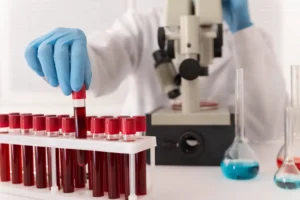
• Blood Tests: Complete blood count with ESR and C-reactive protein testing are helpful to identify the presence of infection or inflammation in body.
• Imaging Tests: X-rays and CT scans can help identify any abnormalities in the body.
• Biopsy: When underlying cause of recurrent fever is not identified from above tests, biopsy may be done for diagnosis.
What are Treatment Options of Recurrent Fever in Children?
There ae several treatment options for recurrent fever in children. The choice depends on the underlying cause of fever.
Antipyretic Medication:
In most cases, antipyretic medications are the first line treatment to reduce fever. Most antipyretics reduce the cyclooxygenase enzyme and reduce the levels of PGE2 within the hypothalamus that is temperature regulating center. It doesn’t affect the body temperature in the afebrile state. These medications commonly include paracetamol, ibuprofen etc.
Antipyretic medications also relieve associated symptoms such as
Headaches
Joint pain Fatigue
Antibacterial drugs: If bacteria is the cause of recurrent fever in children, antibacterial drugs are recommended. To ensure complete bacterial eradication, complete the full course of antibiotics. It also prevents recurrence of infection.
Corticosteroids: The mode of action of corticosteroids is to reduce the inflammation and suppress the immune system of body. Corticosteroids are recommended if the child has an autoimmune disorder. Commonly used corticosteroids for reducing fever are
Prednisone
Dexamethasone
Immunosuppressants: If the child is suffering with autoimmune disorder, immunosuppressants may be prescribed to prevent recurrence of fever.
Surgery: When fever is caused by underlying structural abnormality, surgery may be required. This happens in rare cases.
Recurrent fever in children should not be treated with self-medication or using over the counter medication. Always seek medical attention and follow the prescribed treatment plan.
What are Simple Ways to Prevent of Recurrent Fever in Children?
Recurrent fever in children is preventable in children by following simple steps including:
1.Vaccinations:
Vaccines provide effective protection against various diseases in children that can cause recurrent fever. These include
Influenza
Hepatitis A and B
Pneumococcus
Typhoid fever
Chickenpox
For maximum protection against these disease parents must follow the immunization schedule.
Good Hygiene Practices:
Unhygienic practices result in germs entry in the body and may cause recurrent fevers. By teaching your child about hygienic practices can protect the transfer of germs. These practices include:
- Washing hands frequently
- Covering the mouth and nose while coughing or sneezing
- Avoiding sharing utensils and personal items can help prevent the spread of infection
- Avoid Close Contact with Sick Members:
If someone in family or nearby is sick, avoid close contact of children with them to prevent spread of infection.
Common Conditions That Cause Recurrent Fever in Children:
Kawasaki Disease:
Kawasaki disease is a rare disease and that affect children under 5 years. The common symptoms are:
- High grade fever that lasts for at least 5 days
- Rash
- Red eyes
- Swollen hands and feet
- Red tongue
- Cracked lips
- Swollen lymph nodes
Kawasaki disease can lead to heart damage, so proper and timely treatment is important for quick recovery.
Familial Mediterranean Fever:
Familial Mediterranean fever primarily affects people of Mediterranean descent. It is genetic disorder and characterized by
- Recurrent fever for 1 to 3 days
- Abdominal pan
- Chest pan
- Joint pan
- Skin rash
- Swollen lymph nodes
- This is caused by mutation in the MEFV gene. Treatment plan includes medications, such as colchicine.
Juvenile Idiopathic Arthritis:
Juvenile idiopathic arthritis affects adolescents younger than 16 years.
The main symptoms of Juvenile arthritis are
- Joint pain
- Swelling of joints
- Stiff joints
These symptoms can last for at least 6 weeks. There are other associated symptoms that include
- Rash
- Inflammation of eyes.
There are many types of juvenile idiopathic arthritis. Treatment plan depends on the type and severity of disease.
The medications used to treat Juvenile idiopathic arthritis are
- Nonsteroidal anti-inflammatory drugs (NSAIDs)
- Disease-modifying antirheumatic drugs (DMARDs)
- Biologic agents.
Periodic Fever Syndrome:
Periodic fever syndromes are a group of rare genetic disorders. These are characterized by recurrent fever episodes. There are several types of periodic fever syndromes, including
- Familial Mediterranean fever
- TNF receptor-associated periodic syndrome
- Mevalonate kinase deficiency
Treatment options may include
- NSAIDs
- Corticosteroids
Kawasaki Disease:
Kawasaki disease is a rare disease and that affect children under 5 years. The common symptoms are:
- High grade fever that lasts for at least 5 days
- Rash
- Red eyes
- Swollen hands and feet
- Red tongue
- Cracked lips
- Swollen lymph nodes
Kawasaki disease can lead to heart damage, so proper and timely treatment is important for quick recovery.
Familial Mediterranean Fever:
Familial Mediterranean fever primarily affects people of Mediterranean descent. It is genetic disorder and characterized by
- Recurrent fever for 1 to 3 days
- Abdominal pan
- Chest pan
- Joint pan
- Skin rash
- Swollen lymph nodes
- This is caused by mutation in the MEFV gene. Treatment plan includes medications, such as colchicine.
Juvenile Idiopathic Arthritis:
Juvenile idiopathic arthritis affects adolescents younger than 16 years. The main symptoms of Juvenile arthritis are
- Joint pain
- Swelling of joints
- Stiff joints
- These symptoms can last for at least 6 weeks.
- There are other associated symptoms that include
- Rash
- Inflammation of eyes.
There are many types of juvenile idiopathic arthritis. Treatment plan depends on the type and severity of disease.
The medications used to treat Juvenile idiopathic arthritis are
- Nonsteroidal anti-inflammatory drugs (NSAIDs)
- Disease-modifying antirheumatic drugs (DMARDs)
- Biologic agents
Periodic Fever Syndrome:
Periodic fever syndromes are a group of rare genetic disorders. These are characterized by recurrent fever episodes. There are several types of periodic fever syndromes, including
- Familial Mediterranean fever
- TNF receptor-associated periodic syndrome
- Mevalonate kinase deficiency
Treatment options may include
- NSAIDs
- Corticosteroids
Biologic agents
Management of Specific Conditions That Cause Recurrent Fever in Children
Medications:

The treatment of recurrent fever in children depends on the underlying cause of disease. To manage symptoms of disease different medications are used. They prevent further complications.
In juvenile idiopathic arthritis NSAIDs may be used to relieve joint pain and inflammation.
For periodic fever syndromes corticosteroids may be used to reduce inflammation in children.
Lifestyle Modifications:
Apart from medications, lifestyle modifications are also recommended for management of recurrent fever in children.
If the child is suffering with Kawasaki disease, it is advised to avoid contact sports. The reason behind is the inflammation of coronary arteries that can cause weakness in a section of artery wall.
When blood passes through weakened part of artery, the blood pressure causes outwards bulging like a balloon. This can result in heart damage.
To prevent infections that cause recurrent fever, it is advised to wash hands properly. It will prevent spread of infection.
Support Groups:
Support groups can provide emotional support and information about the recurrent fever in children and its management. In addition, they might provide advocacy tools and instructional materials.
When to Seek Medical Attention for Recurrent Fever in Children
There are certain conditions of recurrent fever in children when it is necessary to seek medical attention.
- High grade fever that lasts for more than 3 days. A high fever can be a sign of serious infection or illness.
- Rash
- Joint pain
- Fatigue
- Headache
These symptoms can be a sign more serious condition.
Recurrent Fever in Children With No Clear Cause: It is important to seek medical attention if the child is suffering with recurrent fever without any clear cause. Recurrent fever could be a sign of a serious condition that needs to be treated.
Talking to Your Child About Recurrent Fever
Explaining The Recurrent Fever To Your Child:
If your child is suffering with recurrent fever, it may be irritating for your child. Try to explain your child that fever is a common symptom of illness and infections. After proper treatment it will go away. In this way they will feel better and relax.
Try to involve them in activities, they like and spend maximum time with them.
Helping Your Child Manage the Symptoms:
During episode of recurrent fever, it is important to manage the symptoms. Here are some ways to manage the symptoms of recurrent fever in children.
- You can use over-the counter medications to reduce fever such as acetaminophen or ibuprofen as directed by pediatrician.
- Encourage your child to drink plenty of fluids to stay hydrated.
- They get proper rest to avoid any fatigue or tired.
It is important to trained your child to inform you when they feel fever. Tell them when they will inform you, a visit to health care provider will make them feel better after proper treatment. Make them sure that seeking medical attention is a normal part of taking care of their health.
Conclusion
Recurrent fever in children can be sign of infection and need medical attention. If your child is having fever for more than 3 days, seek medical attention immediately. Proper and on time management can help preventing further complications.
It is also important to explain your child about recurrent fever and educate them to inform you. Encourage them to seek medical attention for recurrent fever when necessary.
FAQs
What Qualifies as a High Fever in Kids?
A body temperature that is higher than the typical range of 97.7°F to 99.5°F (36.5°C to 37.5°C) is commonly referred to as a fever. However, depending on the child’s age, several definitions of a high fever may apply.
Any fever in a baby younger than three months old that is higher than 100.4°F (38°C) is regarded as high and needs to be treated very away. In children aged three months to three years, a temperature higher than 102°F (38.9°C) is deemed high.
A temperature exceeding 103°F (39.4°C) is deemed high for children older than three years of age.
Is Having Recurrent Fevers in Children Normal?
Recurrent fevers in children are not unusual, particularly in the winter when colds and the flu are more common. Viral infections like the flu, the common cold, or gastroenteritis are typically the cause of recurrent fevers.
These fevers typically go away on their own in a few days without the need for medical intervention. You should consult a doctor, though, if the fever lasts more than a few days or if it is accompanied by other symptoms like diarrhea or vomiting.
Is Children’s Recurrent Fever a Sign of Cancer?
Recurrent fever is not always indicative of malignancy, but it can happen. Recurrent fever can be a symptom of leukemia, lymphoma, or other cancers, along with other symptoms like fatigue, weight loss, and sweats at night.
It’s crucial to keep in mind, though, that these symptoms are typically brought on by other, more prevalent illnesses. It is crucial to seek medical attention if your child has repeated fevers, but you don’t have to suspect malignancy right once.
Can Children With Recurrent Fever Be Affected by Autoimmune Disorders?
Children who suffer from autoimmune diseases like lupus or rheumatoid arthritis may experience recurring fever. Inflammation and other symptoms are brought on by the immune system attacking the body’s own tissues, which leads to these disorders.
You should consult a doctor if your child has recurrent fevers combined with other symptoms like fatigue, rashes on the skin, or joint pain.
Are There Any Natural Treatments for Children’s Recurrent Fever?
Fever cannot be cured, however there are a number of natural treatments that can help lower fever and ease other symptoms. Among these remedies are:
Drinking enough of drinks to prevent dehydration
Resting to conserve energy and promote healing
Taking a lukewarm bath or using a cool compress to lower body temperature following your doctor’s instructions when using over-the-counter fever reducers, such as acetaminophen or ibuprofen
It is important to remember that natural remedies should be used in conjunction with medical treatment, not as a replacement for it.

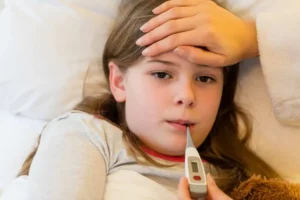


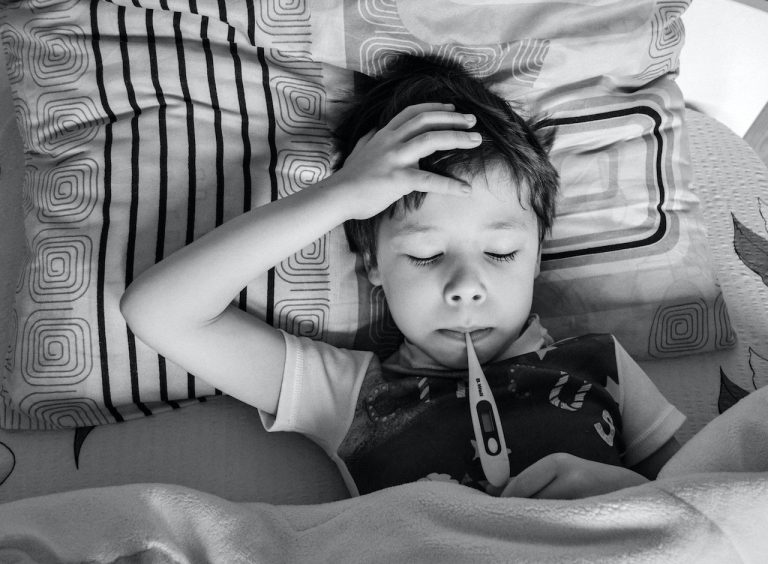

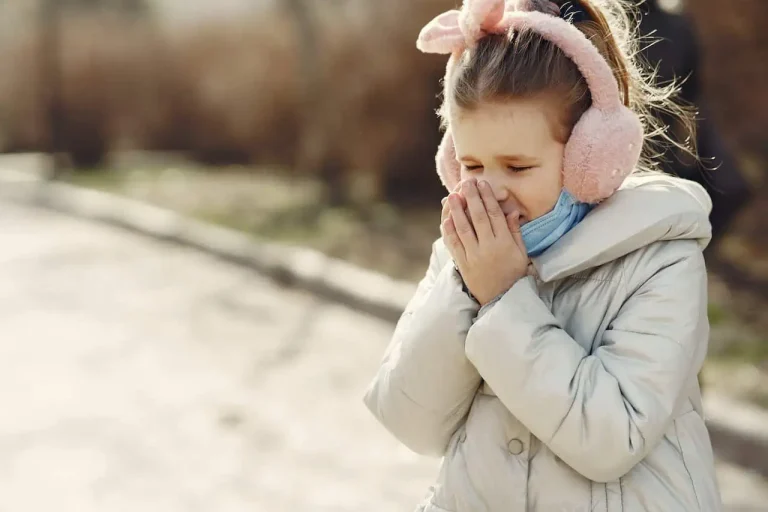

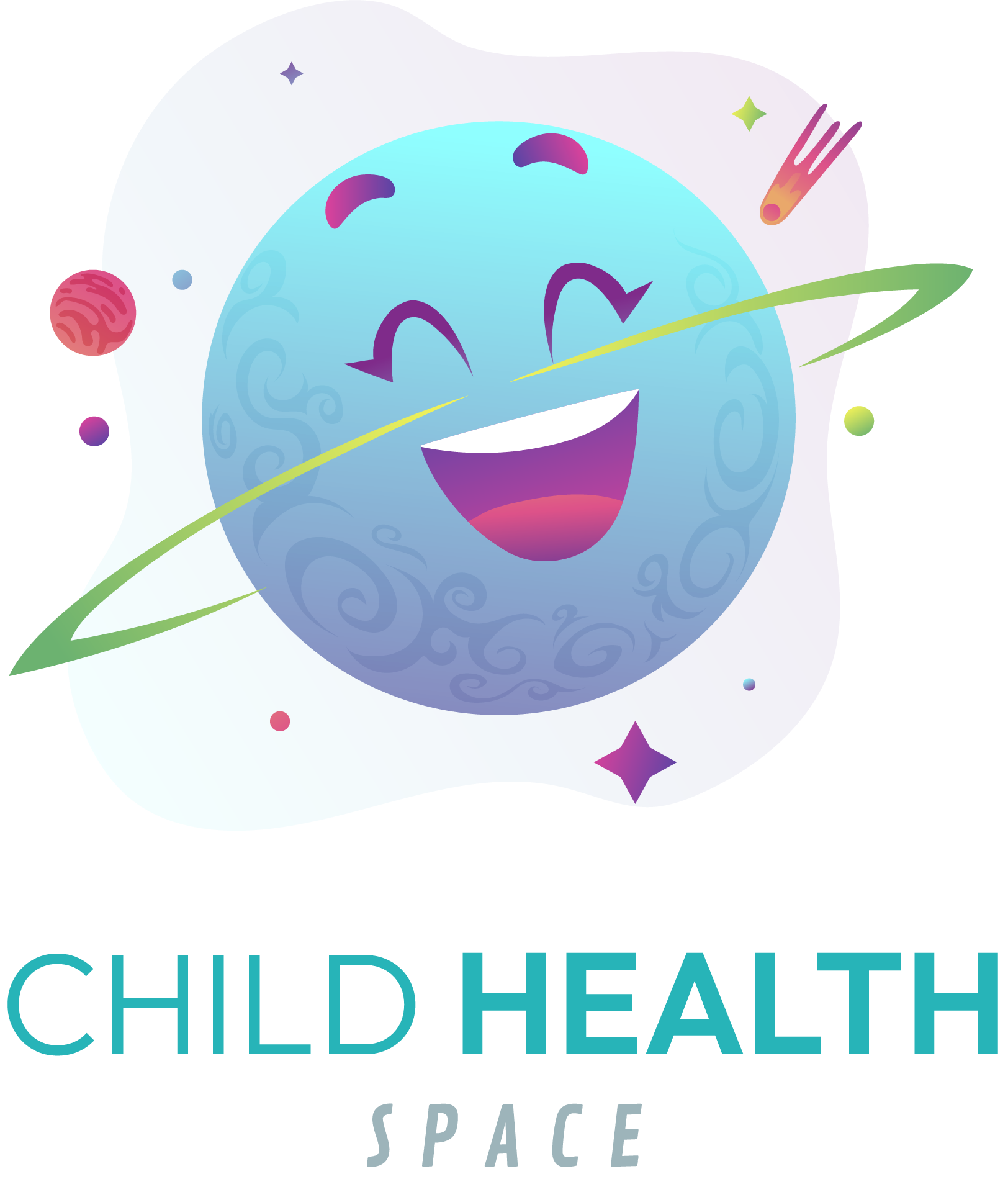
3 thoughts on “A Guide for Recurrent Fever in Children”
I went over this website and I conceive you have a lot of good information, bookmarked (:.
It’s the best time to make a few plans for the longer term and it is time to be happy. I’ve read this post and if I could I desire to suggest you few fascinating things or advice. Perhaps you could write subsequent articles referring to this article. I want to learn more things about it!
so much fantastic info on here, : D.